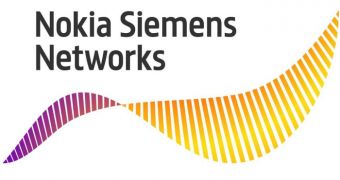Leading infrastructure service provider Nokia Siemens Networks has announced today that it plans to improve its financial performance and to return to growth. According to the company, the plans include reorganizing its business units, cutting operational expenses, reducing personnel, ongoing purchasing savings, expanding partnering, as well as acquisitions in case the assets can add scale to existing product areas.
“As our customers make purchasing decisions, they want a partner who engages in issues well beyond a traditional discussion of technology,” said Rajeev Suri, chief executive officer of Nokia Siemens Networks. “Business models, innovation, growth and transformation are now very much front and center when it comes to the selection of a technology partner - and our planned new structure will position us well in this changing market.”
The company plans on realigning its five business units into only three: - Business Solutions, led by Jurgen Walter, head of the company's Converged Core business unit at the moment, with a focus on helping customers generate revenue with faster time to market of services, or on enhancing billing and charging capability; - Network Systems, with Marc Rouanne, currently head of the company's Radio Access business unit, as its leader, with focus on fixed and mobile network infrastructure, including the Flexi base stations, core products, optical transport systems, and broadband access equipment; - Global Services, under Ashish Chowdhary's command, who is currently head of the company's Services business, will assume leadership of the Global Services organization. This unit will help customers with outsourcing of their non-core activities, offering support for their networks, and ensuring fast implementation of new networks.
According to Nokia Siemens Networks, the cost reductions should rise to EUR 500 million by the end of 2011. The company plans to review its global personnel, and expects for around 7-9 percent of its current number of around 64,000 employees to receive the pink slip, yet the number of layoffs will differ from a country to another.

 14 DAY TRIAL //
14 DAY TRIAL //